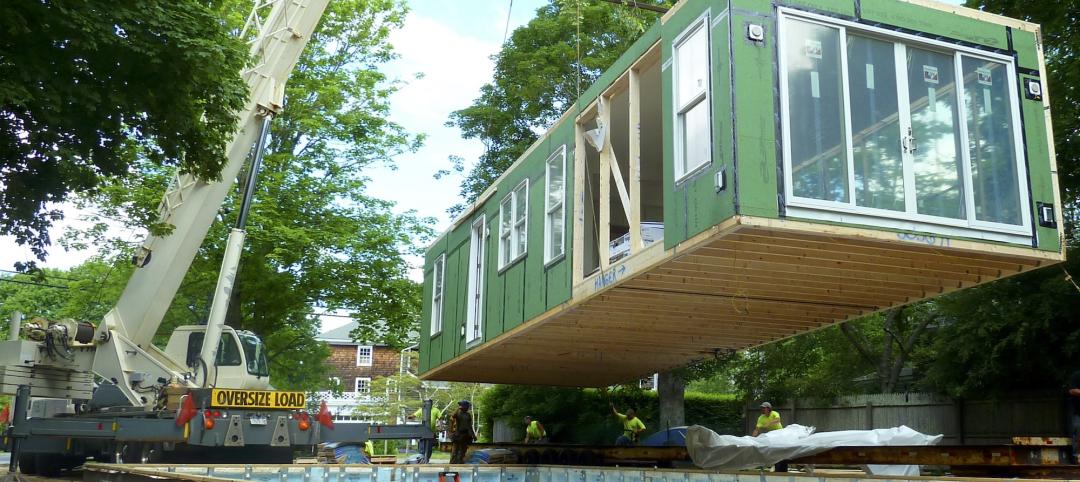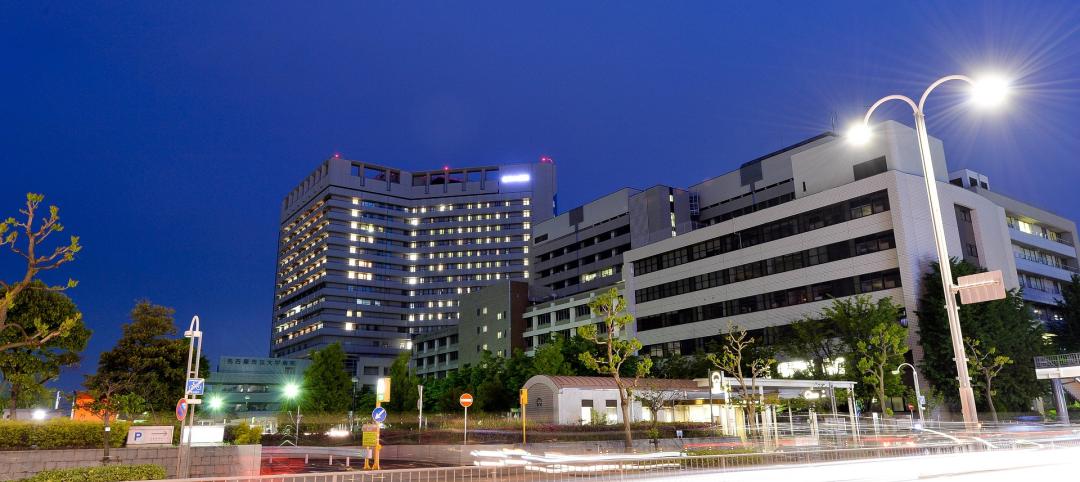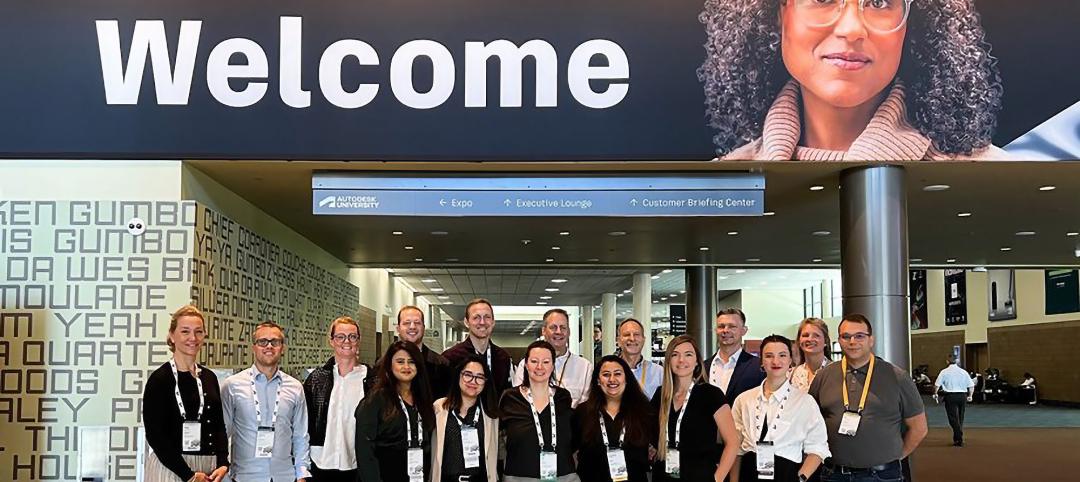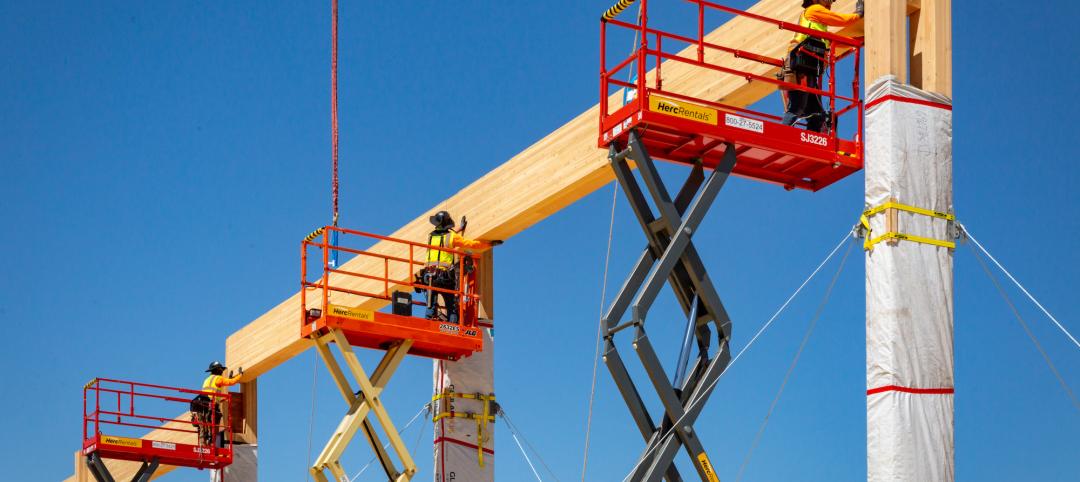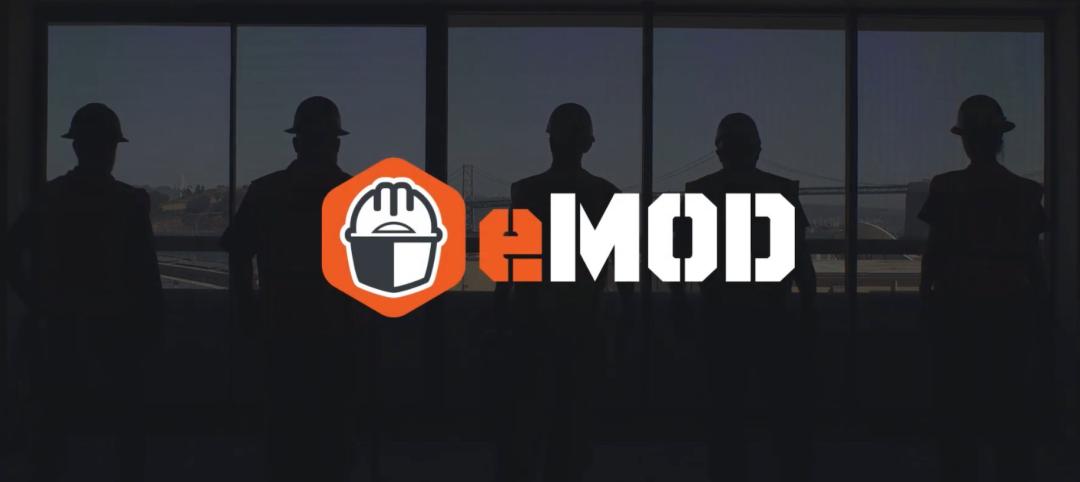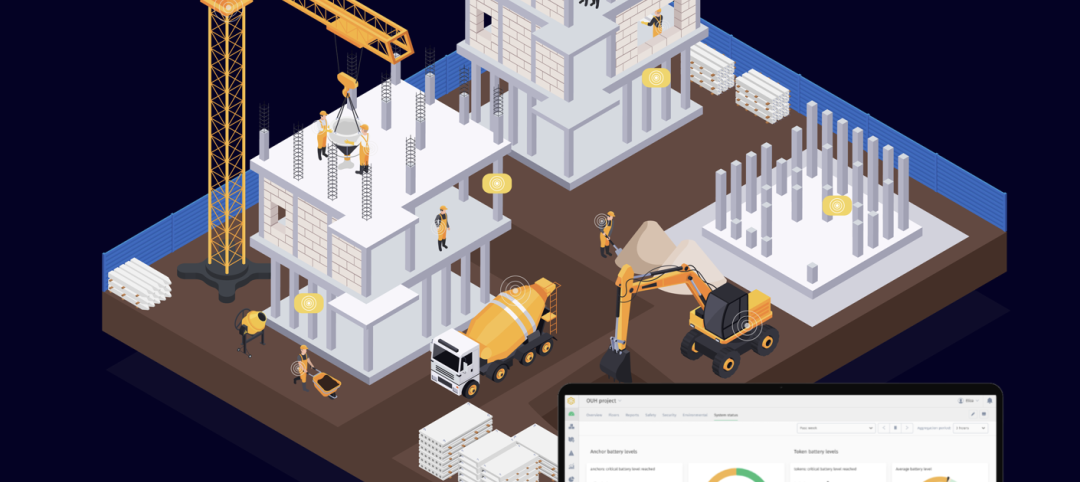Besides being one of the more famous cases of breaking and entering, what is the one thing Goldilocks is known for? No, not her love of porridge or under-the-covers naps. It is her persnickety nature that shines through most and, as much as we may not want to admit it, we all have a little bit of that Goldilocks mentality in us.
Especially when it comes to shared spaces like offices. For some it’s too hot, for others it’s too cold. It’s too bright, too dark, too loud, or too quiet; in a given office, how many people are actually comfortable with their surrounding environment? In a supposed place of productivity, such as an office, it isn’t just an inconvenience to be uncomfortable; it can quickly become a hindrance to getting work done.
But what’s the solution? We aren’t all as fortunate as our friend Goldilocks and have a few different options to pick from in order to find the one that best suits us. Or are we? Many offices have begun to implement an open office floor plan, meaning there are no assigned seats or workspaces. You can change where you sit and work on a day-to-day or hour by hour basis, meaning if it is too noisy or cold in one area, its possible to just pick up and move to another quieter or warmer area.
But therein lies the next issue, how do you find that quieter, warmer spot? That’s where Goldilocks comes in. No, not the Goldilocks, but the proprietary sensor technology developed by NBBJ to help employees find the perfect spot in the office, the one that is just right.
Inside its 140 Broadway offices in New York City, NBBJ installed over 50 sensors to collect data and track light levels, humidity and motion, and sound. According to NBBJ, they are the only company to incorporate sound into a sensor of this type. And considering the fact that noise is the number one complaint in the workplace, this addition of sound sensors seems like one of those why-hasn’t-anyone-done-this-before type additions.
So, where does all of this information the sensors are collecting go? Right to the accompanying app (compatible with Apple or Android smartphones) in real-time. If you get to the office and decide you require a workspace that is bright and warm, simply fire up the app, set the parameters to warm and bright, and you will be shown the best spots in the office that match exactly what you are looking for.
Not only are these sensors a solution for employees to use on a daily basis, but the information gathered, especially the information about sound, can also be used to better design spaces in the future.
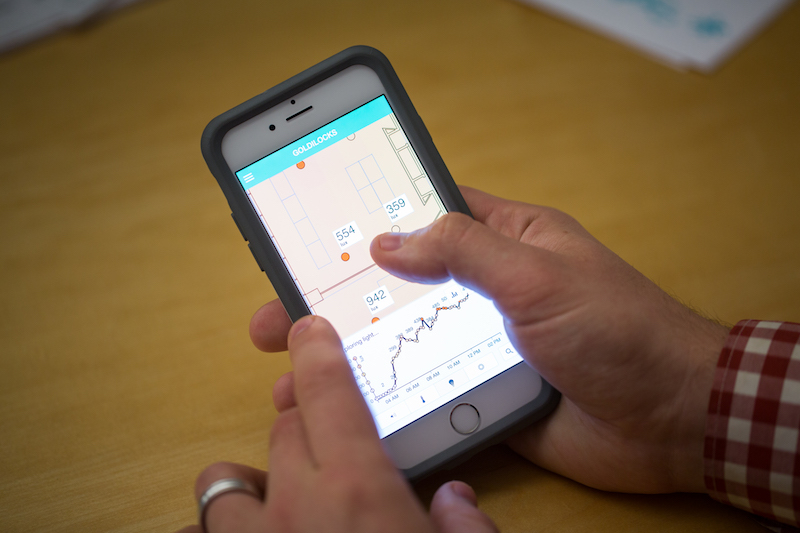 Photo courtesy of NBBJ
Photo courtesy of NBBJ
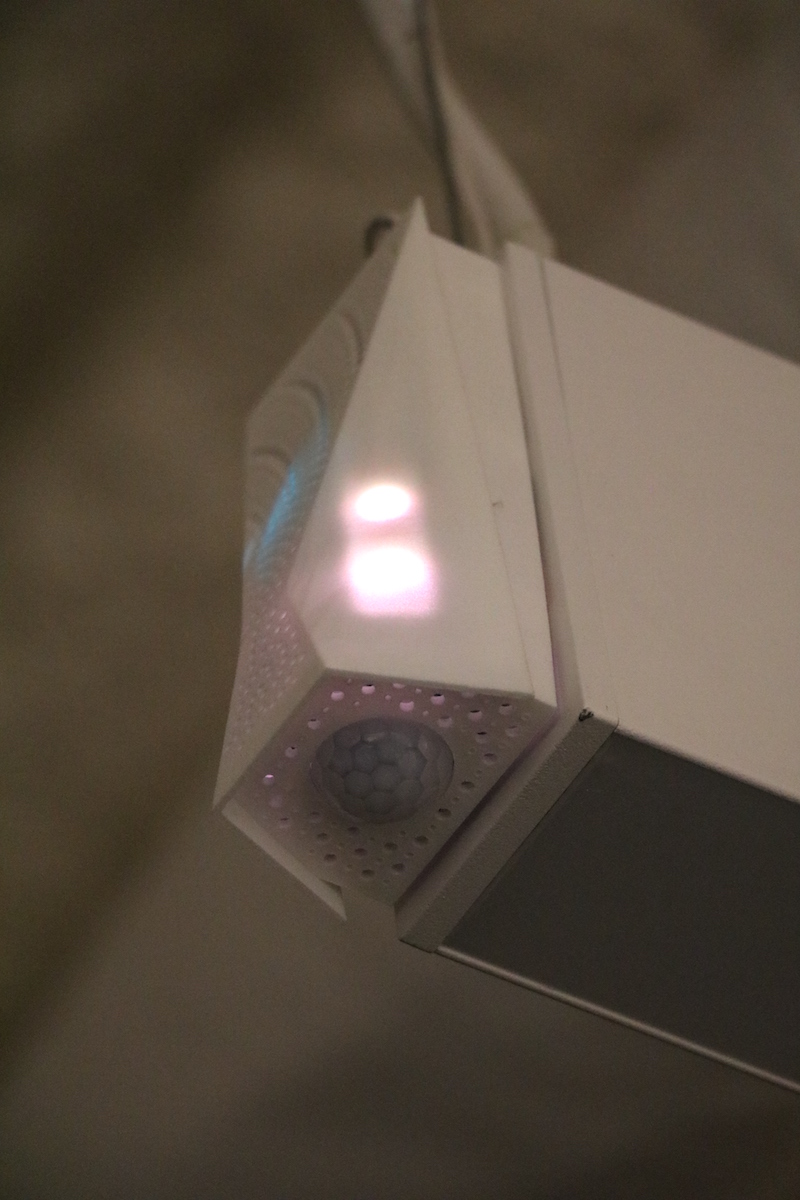
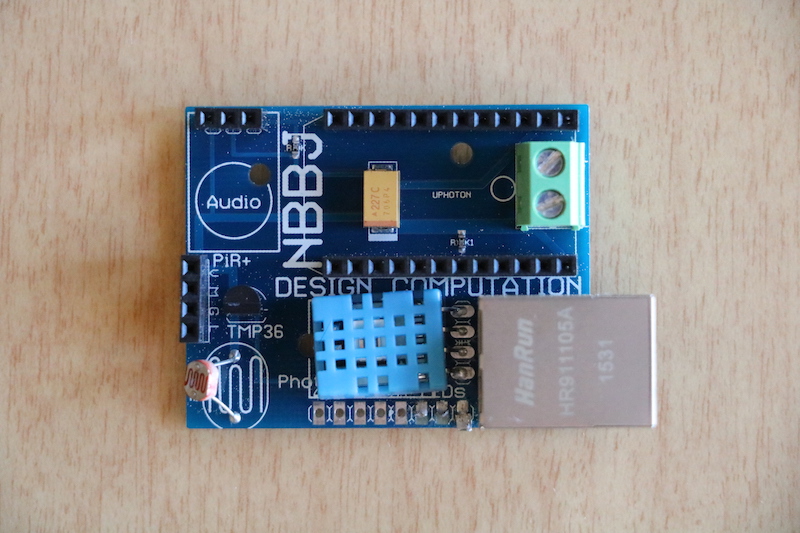
Related Stories
Multifamily Housing | Feb 3, 2023
HUD unveils report to help multifamily housing developers overcome barriers to offsite construction
The U.S. Department of Housing and Urban Development, in partnership with the National Institute of Building Sciences and MOD X, has released the Offsite Construction for Housing: Research Roadmap, a strategic report that presents the key knowledge gaps and research needs to overcome the barriers and challenges to offsite construction.
Healthcare Facilities | Jan 31, 2023
How to solve humidity issues in hospitals and healthcare facilities
Humidity control is one of the top mechanical issues healthcare clients face. SSR's Lee Nordholm, PE, LEED AP, offers tips for handling humidity issues in hospitals and healthcare facilities.
AEC Tech | Jan 27, 2023
Key takeaways from Autodesk University 2022
Autodesk laid out its long-term vision to drive digital collaboration through cloud-based solutions and emphasized the importance of connecting people, processes and data.
Mass Timber | Jan 27, 2023
How to set up your next mass timber construction project for success
XL Construction co-founder Dave Beck shares important preconstruction steps for designing and building mass timber buildings.
AEC Tech Innovation | Jan 24, 2023
ConTech investment weathered last year’s shaky economy
Investment in construction technology (ConTech) hit $5.38 billion last year (less than a 1% falloff compared to 2021) from 228 deals, according to CEMEX Ventures’ estimates. The firm announced its top 50 construction technology startups of 2023.
Concrete | Jan 24, 2023
Researchers investigate ancient Roman concrete to make durable, lower carbon mortar
Researchers have turned to an ancient Roman concrete recipe to develop more durable concrete that lasts for centuries and can potentially reduce the carbon impact of the built environment.
AEC Tech | Jan 19, 2023
Data-informed design, with Josh Fritz of LEO A DALY
Joshua Fritz, Leo A Daly's first Data Scientist, discusses how information analysis can improve building project outcomes.
AEC Tech Innovation | Jan 14, 2023
CES recognizes a Dutch firm’s wearable technology for construction management
The firm’s TokenMe product offers construction managers a real-time crowd- and asset-tracking solution via low-power, location-aware radio and RFID tags and multiple sensors through which data are processed with cloud-based artificial intelligence.
Sustainability | Jan 9, 2023
Innovative solutions emerge to address New York’s new greenhouse gas law
New York City’s Local Law 97, an ambitious climate plan that includes fines for owners of large buildings that don’t significantly reduce carbon emissions, has spawned innovations to address the law’s provisions.
Cladding and Facade Systems | Dec 20, 2022
Acoustic design considerations at the building envelope
Acentech's Ben Markham identifies the primary concerns with acoustic performance at the building envelope and offers proven solutions for mitigating acoustic issues.


